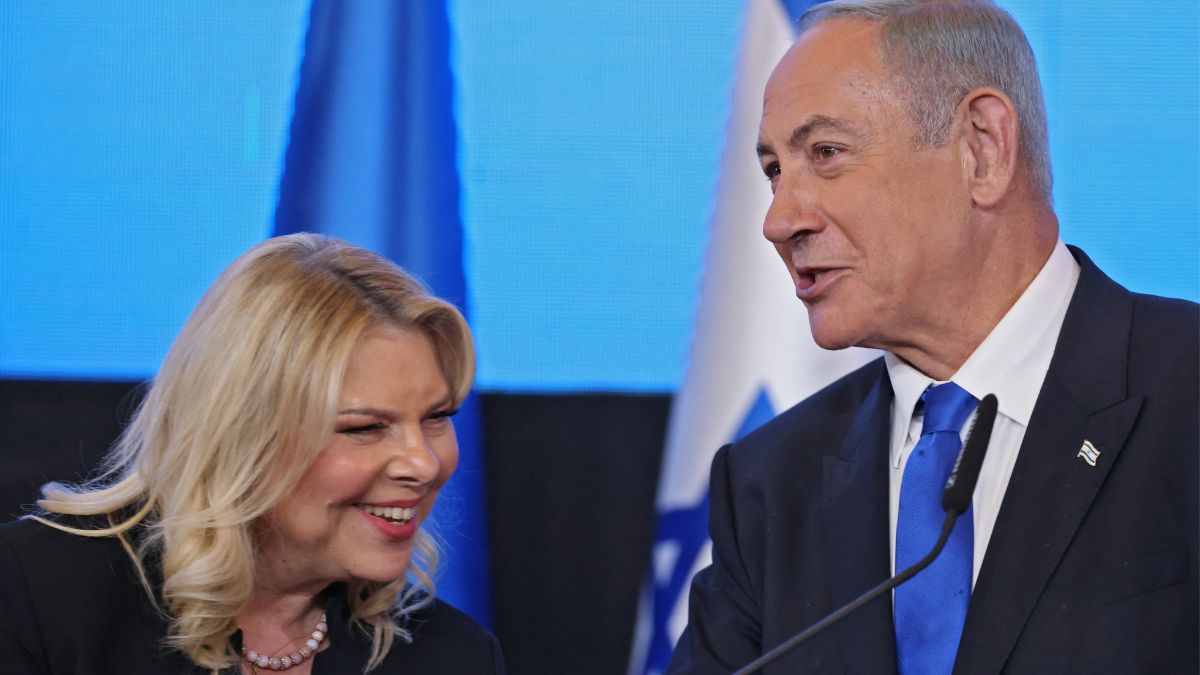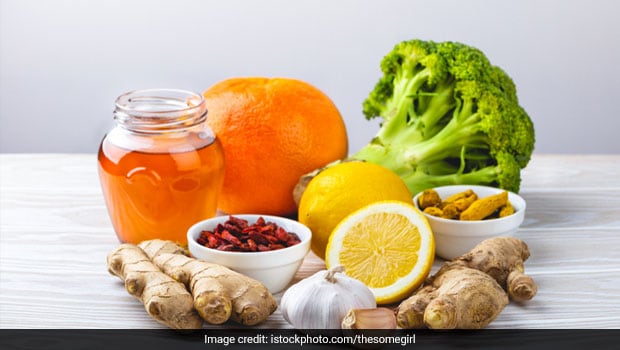Congratulations you defeated the Coronavirus! For the last 15-20 days or more if you had some complications, your body has been fighting against an invader. It used all its strength and ammunition available to push back, so though the infection is gone but the damages have to be repaired. Lost energy, lost muscle mass, lost appetite has to be built up again while dealing with the aftereffects of strong medication and the psychological trauma you went through. Eating is the best tool to overcome post-COVID malnutrition and weakness, which is easier said than done because there is loss of appetite, reduced energy levels and weakness which in themselves are a deterrent to eating, and on top of that, to cater to your own meals seems like a Herculean task.
Let's simplify the journey to health post Covid!
Post-Covid Diet Tips: What To Eat
Energy is the most important need of our body, and energy that is easily utilised and takes minimum effort on the part of our metabolism is Carbohydrate. Rich sources of carbs are cereal grains, pulses, fruits, vegetables, roots and tubers. Right now, just sticking to whole grains may not be very important, easy to cook rava, or semolina, maybe a good idea. Ready-to-eat breads and breakfast cereals will also conserve effort and provide easy to digest options. As you get better, start introducing healthier choices once more.
- Eat small frequent meals.
- Spread your calorie intake through the day, your body will utilise it better.
- Make snacks matter by choosing proteins like a piece of paneer, or an egg along with a fruit
- Have your medication after your meals so that you do not drink too much water and fill up your stomach.
- You need good hydration, drink water but also use fluids to nourish you, so milk, juices chaas, smoothies would be a good idea.
- Get more in less, choose energy-rich foods like a peanut butter sandwich, a parantha instead of chapatti, Nuts and seeds are also calorie-dense.
- Increase your intake of healthy oils and fats. They are concentrated sources of energy. Add some olive oil to a fruit salad, add peanuts to your dahi, add some tadka to your rice. Once you regain your strength, you can go back to the normal added fat recommended.
- If you are losing weight, it isn't good right now, consult a nutritionist.
Also Read: Which Carbs Are Good For Your Body (and Which Aren't)

Post-Covid Diet: Try avocado, some cheese, nuts and seeds or olives for snacks.
Proteins. These are the building blocks of our body. During illness, there is a loss of muscle mass which needs to be replenished. Adding protein to every meal is critical to rebuilding the body. Depleted proteins also mean lowered immunity. Eating proteins all in one meal will not work as the body may not be able to utilise a large amount at one go; spread it through the day. Muscle proteins replenishment will be better with this strategy.
- Have an egg/paneer for breakfast, dal for lunch and chicken or soy nuggets for dinner.
- For snacks choose a combination of carbs and protein, to help the protein be utilized for its primary function. Cheese with fruits, dry fruits with nuts, dahi with fruits.
- Milk and dahi are good sources of quality proteins; do consume at least 600 ml a day. COVID involves the respiratory system and there is a stigma regarding milk and dahi when there is chest congestion and cough. But it is not true, do take both for faster recovery.
In case you find it difficult to eat, then speak to your nutritionist for a supplement that will help you tide over. In hospitals, clinical meal supplements are used for very sick people and these are safe and make a difference to your recovery period.
Your discharge advice would also have certain vitamins and mineral supplements. These are recommended to support your recovery and are prescribed for a period. In addition, the same vitamins should be consciously included in daily meals to enhance recovery.
Also Read: 6 Excellent Sources Of Vegetarian Protein For Your Daily Diet

Post-Covid Diet: Protein-rich foods can help recover from the loss of muscle.
Vitamin C is a strong antioxidant that is specific to lung health. Foods rich in Vitamin C are citrus fruits, spinach, papaya, kiwi, tomato, mango and strawberries are a few good sources. Being a water-soluble vitamin, you need to consume adequate amounts daily.
Zinc is another critical nutrient that supports immune health. Overdosing may cause problems so stick to the supplemental amount as per your prescription. Good food sources of Zinc include Rajma, Lobia, Chana, almonds, Pumpkin seeds, Chicken, Milk and Cheese.
Also Read: Top 7 Zinc-Rich Foods For Immunity You Can Include In Your Diet

Post-Covid Diet: Zinc-rich foods boost our immunity.
Vitamin D is not just a vitamin, but it functions as a hormone and is closely involved with the immune system. Several studies have found a positive correlation between Vitamin D and better COVID outcomes. So get out into the sun (not without your mask). It's summers and will be warm in midday; try to get some early morning sunshine for at least 20 minutes or divide the same into two or three exposures. Sunlight also releases Nitric Oxide from our skin stores and that is known to be beneficial and protective to heart health, another reason to soak up the sunshine.
Also Read: 7 Healthy Vitamin D Foods You Must Eat To Avoid Vitamin D Deficiency
Other than these post-Covid diet tips, you need all the nutrients that are necessary for your health. Recovery post-COVID will take some time, you need to eat, rest a lot and also put all the bad experiences behind you for becoming truly healthy.
Eat, sleep, meditate and hydrate! Stay safe!
Disclaimer: The opinions expressed within this article are the personal opinions of the author. NDTV is not responsible for the accuracy, completeness, suitability, or validity of any information on this article. All information is provided on an as-is basis. The information, facts or opinions appearing in the article do not reflect the views of NDTV and NDTV does not assume any responsibility or liability for the same.
About Rupali DattaRupali Datta is a Clinical Nutritionist and has worked in leading corporate hospitals. She has created and lead teams of professionals to deliver clinical solutions for patients across all medical specialties including critical care. She is a member of the Indian Dietetic Association and Indian Association of Parenteral and Enteral Nutrition.






